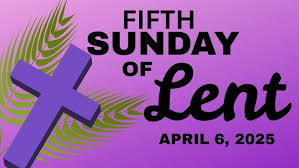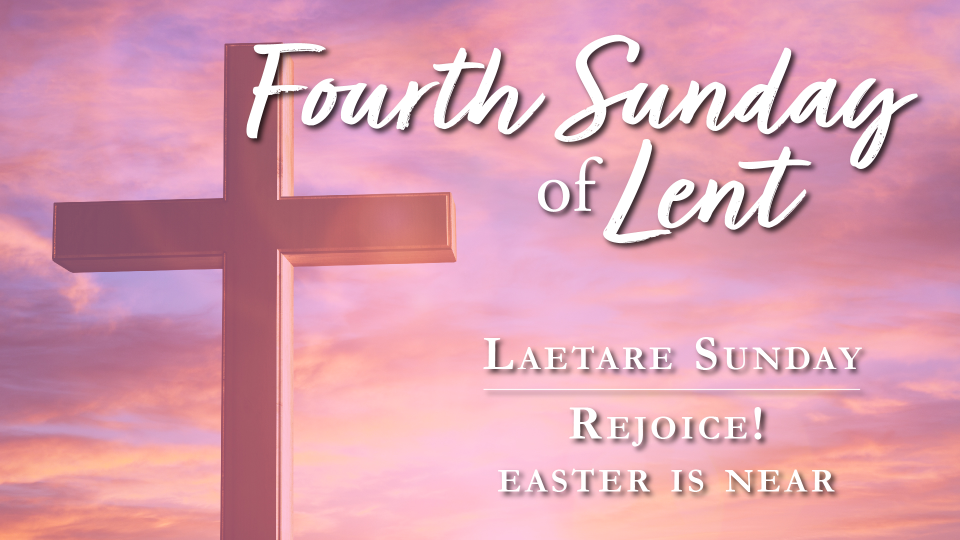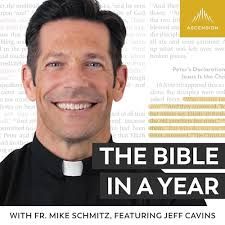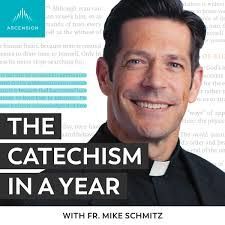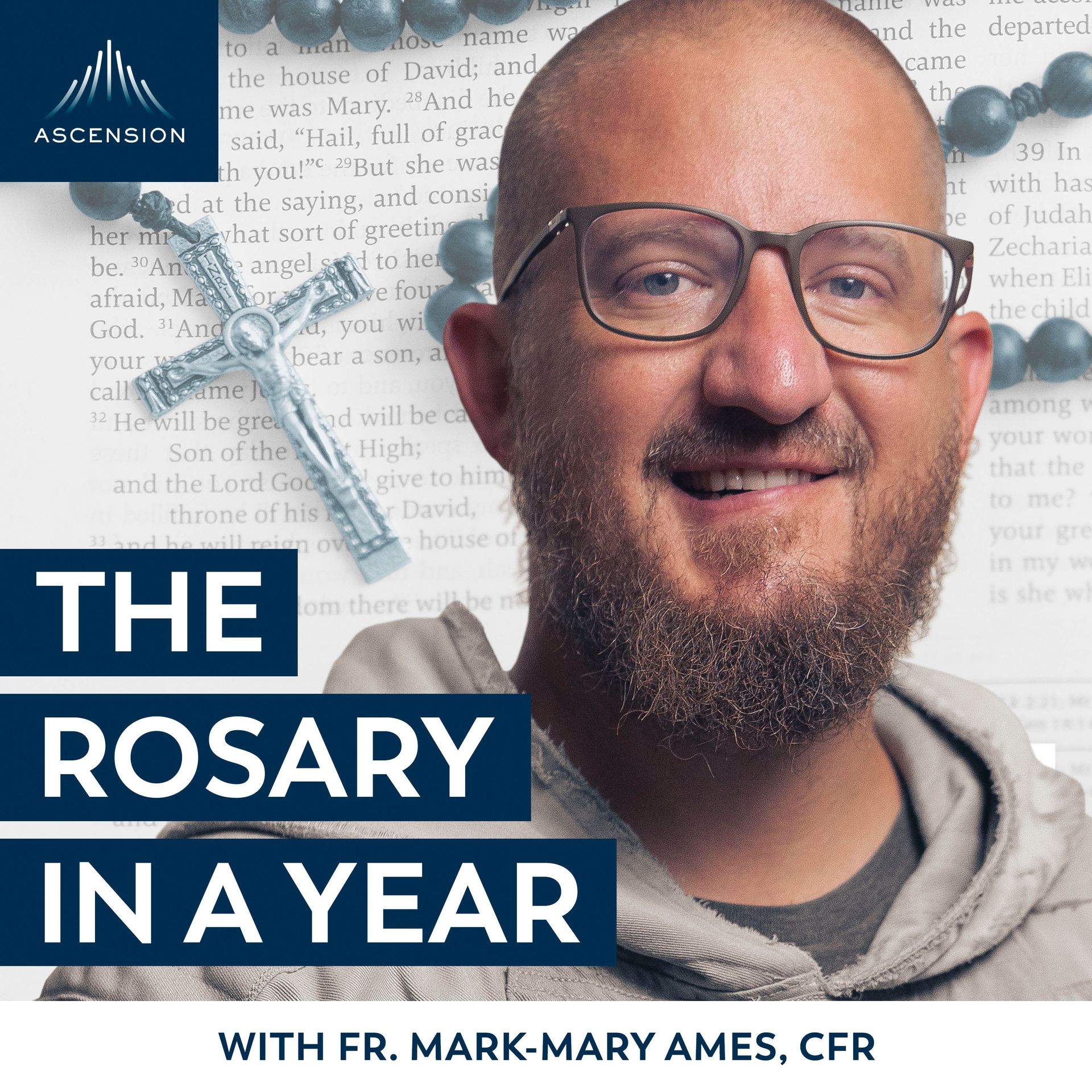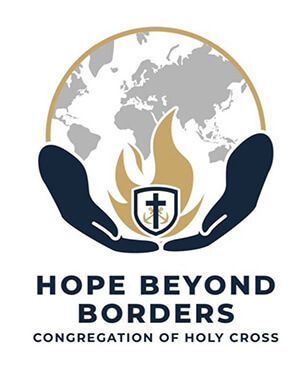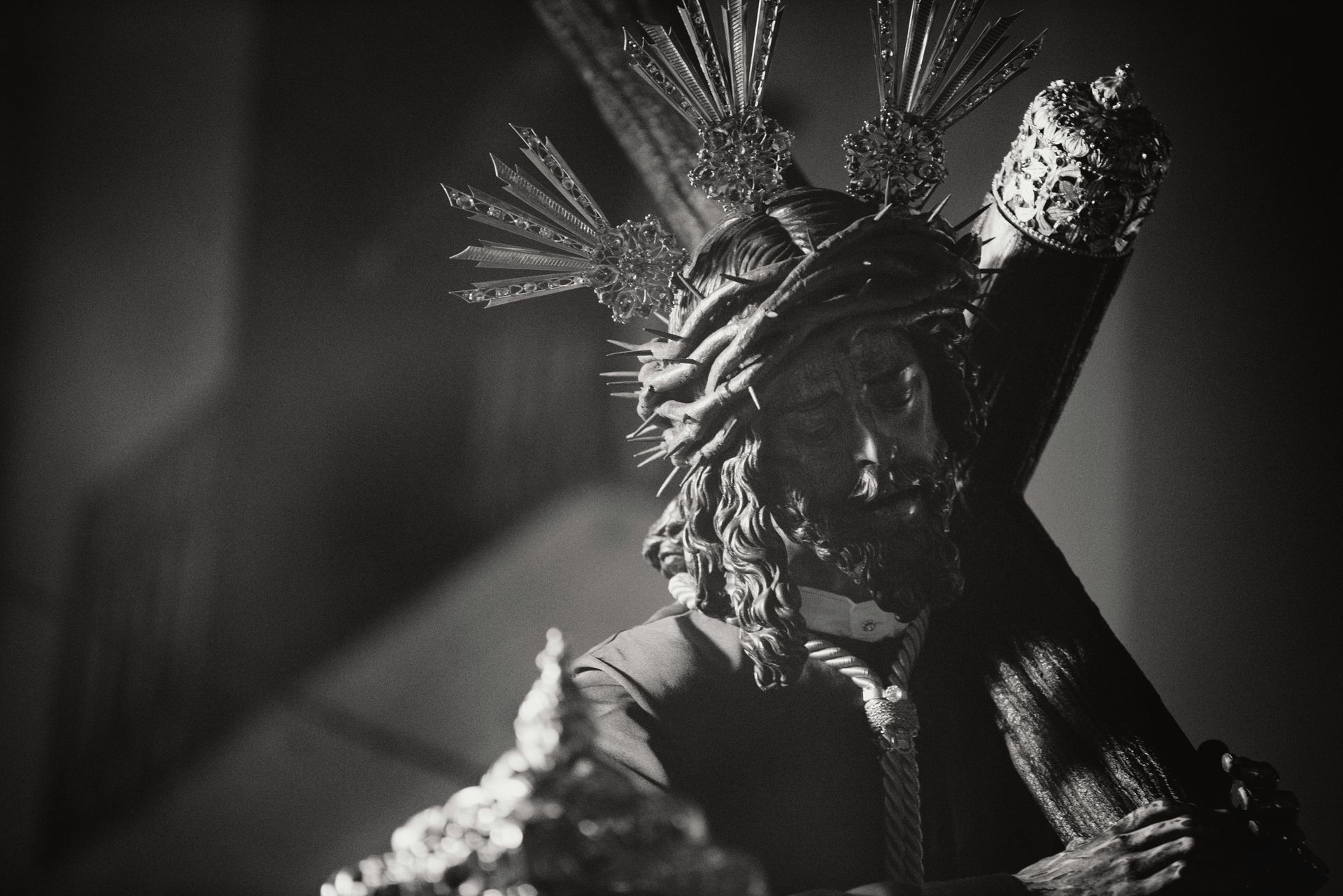Twelfth Sunday in Ordinary Time, June 23, 2024
Dear Friends,
Praise God indeed that all our major events for this academic year have come to an end. A huge thanks to all those who made our Vacation Bible School this year a very successful and exciting one for our children.
We are also grateful to God for His wonderful gift of a vocation to Tom Buddington, who is now serving our parish as a deacon.
And we once again state our gratitude to all our fathers and father figures for their love of God and of their families. It was good to recognize them and to pray for them this past Sunday.
As we enter the 12th Sunday in Ordinary Time, let us lean into our God and keep our focus clearly on HIM even as we experience those storms of life that toss us all around. He is with us in the boat of life. He is asking us: Why are you terrified? Do you not yet have faith? Let us thank Him for all the blessings we have received as we echo the words of Psalm 107: Give thanks to the Lord, his love is everlasting.
As we draw near to the National Eucharistic Congress to be held in July in Indianapolis, IN, let us use the summer break to continue from where we left off in our reading of Pope Benedict XVI’s masterpiece, the Post
-Synodal Apostolic Exhortation Sacramentum Caritatis. We are providing you with this beautiful exhortation of Pope Benedict XVI in easily digestible portions as an aide to renewing a grateful appreciation of the gift of the Eucharist.
Pope Benedict divides his Exhortation into 3 parts that reflect the harmony among dogma, liturgy, and life. The Eucharist is a mystery to be believed, celebrated, and lived with our whole heart. Pope Benedict pointed out that there is an “intrinsic relationship between Eucharistic faith and Eucharistic celebration Our faith and the eucharistic liturgy both have their source in the same event: Christ's gift of himself in the Paschal Mystery” (SC 34).
Have a Blessed Week!
With love,
Fr. John
SA C R A M E N T U M C A R I T A T I S ( T H E SA C R A M E N T O F C H A R I T Y : T HE E U C H A R I ST )
CONTINUATION OF THE POST-SYNODAL APOSTOLIC EXHORTATION SACRAMENTUM CARITATIS OF THE HOLY FATHER BENEDICT XVI TO THE BISHOPS, CLERGY, CONSECRATED PERSONS AND THE LAY FAITHFUL ON THE EUCHARIST AS THE SOURCE AND SUMMIT OF THE CHURCH'S LIFE AND MISSION
P A R T T W O : T H E E U C H A R I ST — A M Y ST E R Y T O B E C E L E B R A T E D ( c on t i n u e d )
"Truly, truly, I say to you, it was not Moses who gave you the bread from heaven;
my Father gives you the true bread from heaven" (Jn 6:32)
THE EUCHARIST AND THE LAY FAITHFUL
- In Christ, Head of his Body, the Church, all Christians are "a chosen race, a royal priesthood, a holy nation, a people he claims for his own, to declare his wonderful deeds" (1 Pet 2:9). The Eucharist, as a mystery to be "lived", meets each of us as we are, and makes our concrete existence the place where we experience daily the radical newness of the Christian life. The eucharistic sacrifice nourishes and increases within us all that we have already received at Baptism, with its call to holiness, (218) and this must be clearly evident from the way individual Christians live their lives. Day by day we become "a worship pleasing to God" by living our lives as a vocation. Beginning with the liturgical assembly, the sacrament of the Eucharist itself commits us, in our daily lives, to doing everything for God's glory.
And because the world is "the field" (Mt 13:38) in which God plants his children as good seed, the Christian laity, by virtue of their Baptism and Confirmation, and strengthened by the Eucharist, are called to live out the radical newness brought by Christ wherever they find themselves. (219) They should cultivate a desire that the Eucharist have an ever deeper effect on their daily lives, making them convincing witnesses in the workplace and in society at large. (220) I encourage families in particular to draw inspiration and strength from this sacrament. The love between man and woman, openness to life, and the raising of children are privileged spheres in which the Eucharist can reveal its power to transform life and give it its full meaning. (221) The Church's pastors should unfailingly support, guide and encourage the lay faithful to live fully their vocation to holiness within this world which God so lovedthat he gave his Son to becomeits salvation (cf.Jn 3:16).
THE EUCHARIST AND PRIESTLYSPIRITUALITY
- The eucharistic form of the Christian life is seen in a very special way in the Priestly spirituality is intrinsically eucharistic. The seeds of this spirituality are already found in the words spoken by the Bishop during the ordination liturgy: "Receive the oblation of the holy people to be offered to God. Understand what you do, imitate what you celebrate, and conform your life to the mystery of the Lord's Cross." (222) In order to give an ever greater eucharistic form to his existence, the priest, beginning with his years in the seminary, should make his spiritual life his highest priority. (223) He is called to seek God tirelessly, while remaining attuned to the concerns of his brothers and sisters. An intense spiritual life will enable him to enter more deeply into communion with the Lord and to let himself be possessed by God's love, bearing witness to that love at all times, even the darkest and most difficult. To this end I join the Synod Fathers in recommending "the daily celebration of Mass, even when the faithful are not present." (224) This recommendation is consistentwith the objectively infinite value of every celebration of the Eucharist, and is motivated by the Mass's unique spiritual fruitfulness. If celebrated in a faith-filled and attentive way, Mass is formative in the deepest senseof the word, since it fosters the priest's configuration to Christ and strengthens him inhis vocation.
THE EUCHARIST AND THECONSECRATEDLIFE
- The relationship of the Eucharist to the various ecclesial vocations is seen in a particularly vivid way in "the prophetic witness of consecrated men and women, who find in the celebration of the Eucharist and in eucharistic adoration the strength necessary for the radical following of Christ, obedient, poor and " (225) Though they provide many services in the area of human formation and care for the poor, education and health care, consecrated men and women know that the principal purpose of their lives is "the contemplation of things divine and constant union with God in prayer." (226) The essential contribution that the Church expects from consecrated persons is much more in the order of being than of doing. Here I wish to reaffirm the importance of the witness of virginity, precisely in relation to the mystery of the Eucharist. In addition to its connection to priestly celibacy, the eucharistic mystery also has an intrinsic relationship to consecrated virginity, inasmuch as the latter is an expression of the Church's exclusive devotion to Christ, whom she accepts as her Bridegroom with a radical and fruitful fidelity.(227) In the Eucharist, consecrated virginity finds inspiration and nourishment for its complete dedication to Christ. From the Eucharist, moreover, it draws encouragement and strength to be a sign, in our own times too, of God's gracious and fruitful love for humanity. Finally, by its specific witness, consecrated life becomes an objective sign and foreshadowing of the "wedding- feast of the Lamb" (Rev 19:7-9) which is the goal of all salvation history. In this sense, it points to that eschatological horizon against which thechoices and life decisionsof everyman and woman should besituated.
(218) Second Vatican Ecumenical Council, Dogmatic Constitutionon the Church Lumen Gentium, 39-42.
(219) John Paul II, Post-Synodal Apostolic Exhortation Christifideles Laici (30 December 1988), 14, 16: AAS 81 (1989), 409-413; 416-418.
(220) Propositio 39.
(221) ibid.
(222) The Roman Pontifical, Rites of Ordinationofa Bishop, of Priests andof Deacons, Ordinationof a Priest, 163.
(223) John Paul II, Post-Synodal Apostolic Exhortation Pastores Dabo Vobis (25 March 1992), 19-33; 70-81: AAS 84 (1992), 686-712; 78-800.
(224) Propositio 38
(225) Propositio Cf. John Paul II, Post-Synodal Apostolic Exhortation Vita Consecrata(25 March 1996), 95: AAS 88 (1996), 470-471.
(226) Codeof Canon Law, 663 § 1.
(227) John Paul II, Post-Synodal Apostolic Exhortation Vita Consecrata(25 March 1996), 34: AAS 88 (1996), 407-408.


